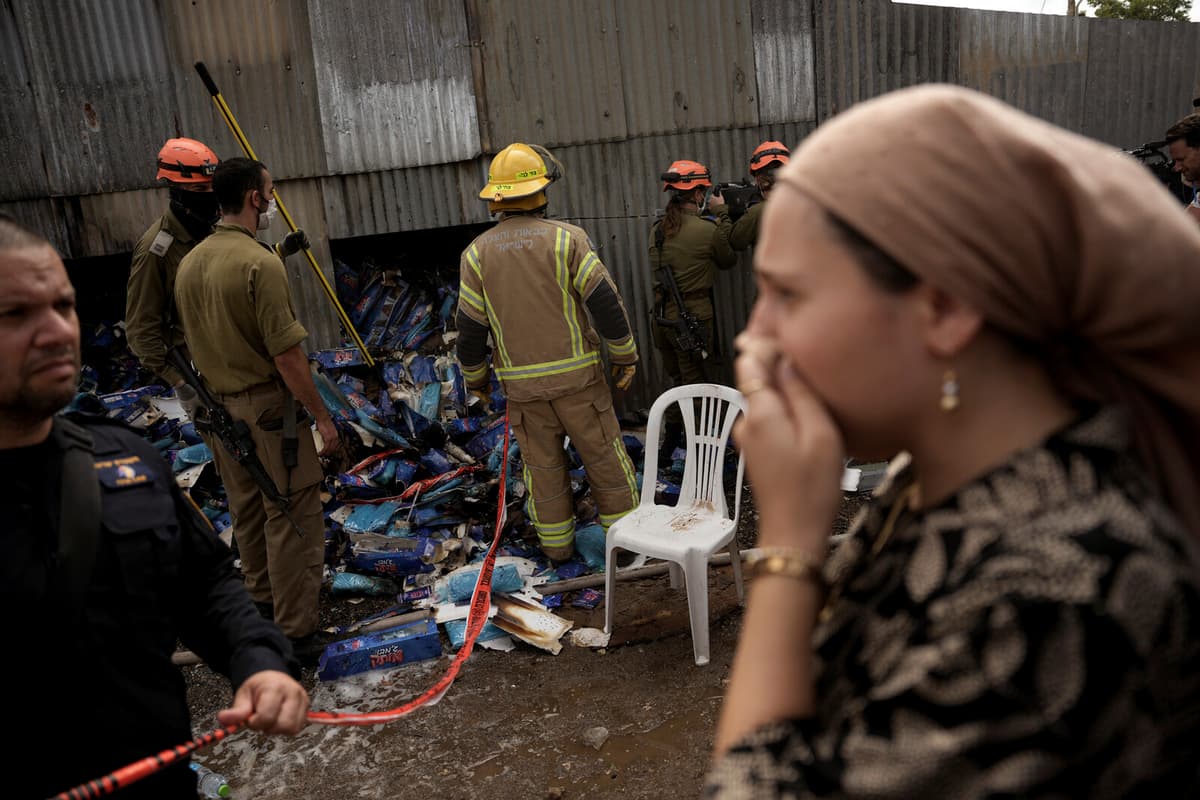Abu Obeida, spokesperson for Hamas' armed branch al-Qassam brigades, has spoken out on the anniversary of Hamas' surprise attack on Israel.
We choose to continue the struggle through a long and exhausting war, one that is painful and costly for the enemy, he says in a televised speech on the Qatari TV channel Al Jazeera.
At the same time, Abu Obeida says that the Israelis who have been hostages with Hamas for a year are now in a "very difficult" situation, referring to their mental and physical health.
Israeli Prime Minister Benjamin Netanyahu, in turn, promises to continue fighting. The promise is made in a pre-recorded speech published on X.
As long as the enemy threatens our existence and peace in our country, we will continue to fight. As long as there are kidnapped people in Gaza, we will continue to fight. We will not abandon any of them, he says according to Times of Israel.
Rockets fired from Gaza
Earlier in the day, the Israeli military reported that Hamas had fired several rockets at Israel from Gaza. The first ones reached Israel just minutes after the commemoration of the victims of last year's October 7 attacks began.
In a statement, Hamas takes responsibility for the rockets, which are said to have been aimed at "enemy gatherings" at the border crossings in Rafah and Kerem Shalom, as well as the kibbutz Holit near Gaza's southern border. A short while later, Hamas also claimed to have fired rockets at the Tel Aviv area.
Most of the projectiles were shot down, according to the Israeli military.
Drone from Yemen
The military reports on Monday that the country's air defense has also stopped a drone fired from Yemen towards central Israel. The Houthi movement, which is allied with both Iran and Lebanese Hezbollah, has taken responsibility for the attack.
In a review of the past year of war, Israel reports that the country has bombed over 40,000 locations in the Gaza Strip since October 7 last year. On Monday, the Israeli military urges residents of Beit Hanoun, Jabalia, and Beit Lahia in northern Gaza to leave their homes and evacuate south to the so-called "humanitarian" zone in al-Mawasi.






